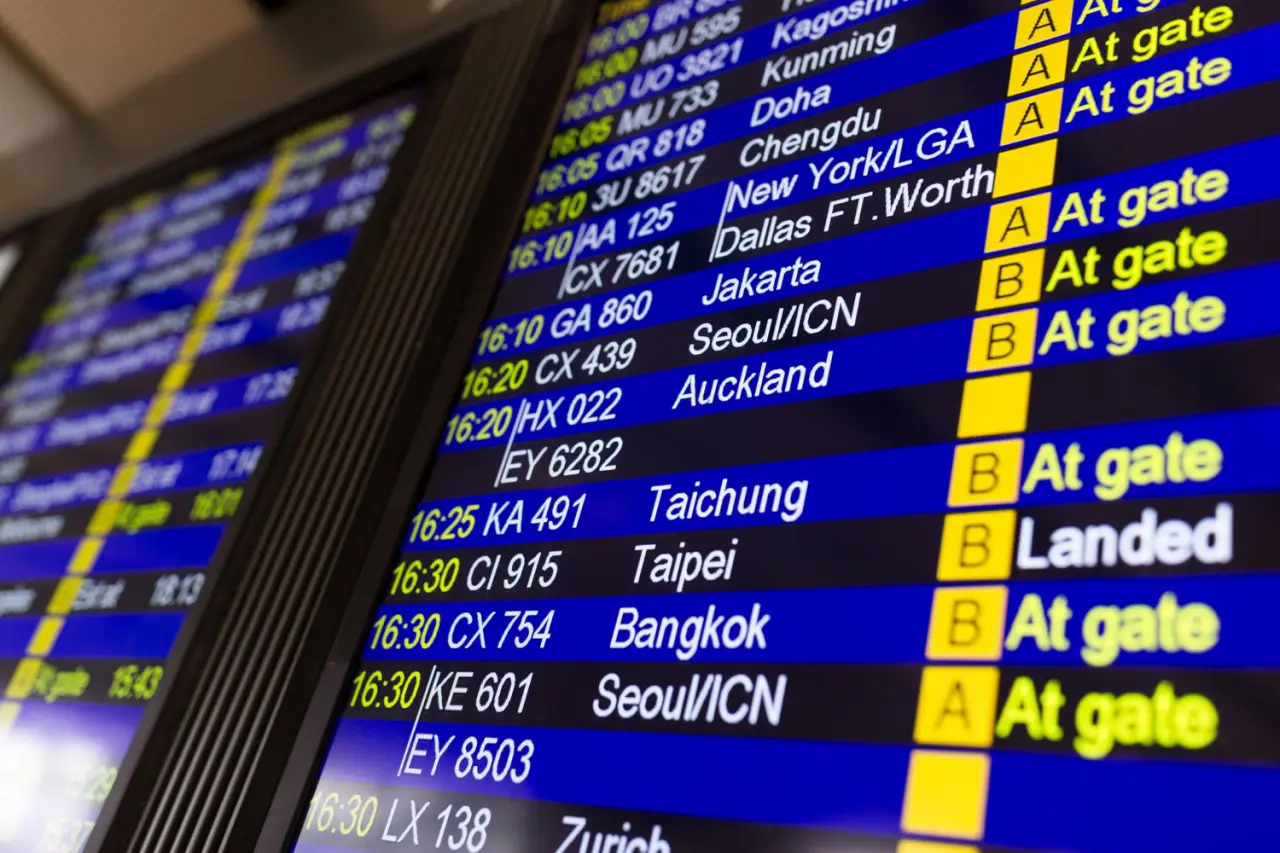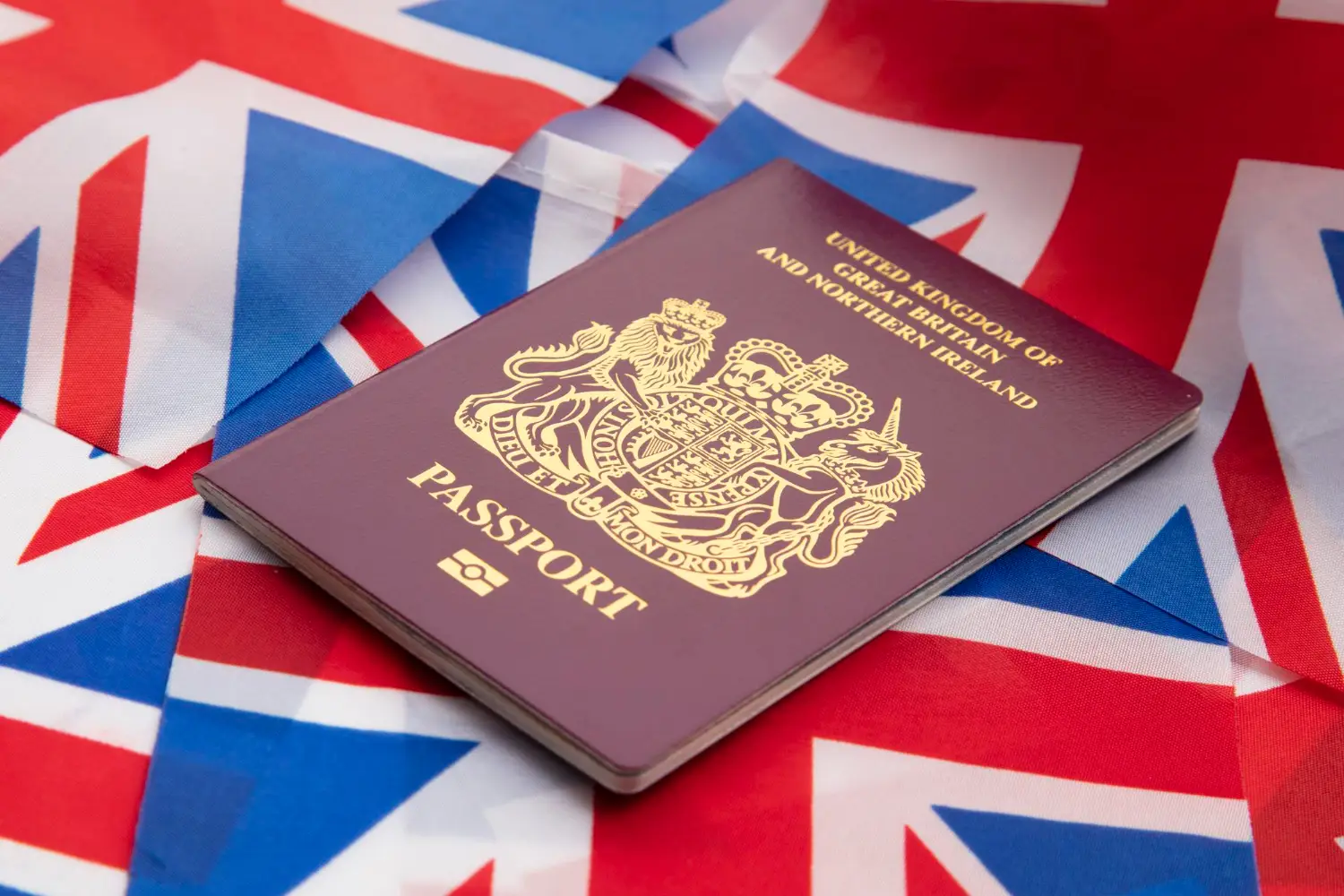In light of the escalating tensions in the Middle East, the UK Foreign Office has taken a proactive step to ensure the safety of its citizens.
On Tuesday, a detailed travel advisory was released, urging UK nationals to reconsider any non-essential travel plans to Lebanon. This advisory is a testament to the UK government’s commitment to safeguarding its citizens, both at home and abroad.
The Details of the Advisory
The advisory is explicit in its recommendations. While it advises against all non-essential travel to Lebanon as a whole, it goes a step further for specific regions within the country. The Foreign Office strongly discourages travel to the southern parts of Lebanon, particularly the Hermel Area. This includes towns such as Arsal, Ras Baalbek, Qaa, Laboue, and Nahle. Additionally, the advisory suggests avoiding Palestinian refugee camps or areas within 5 kilometers (approximately 3 miles) of the contentious border with Syria.
The Backdrop: A Region in Turmoil
The issuance of this advisory doesn’t come as a surprise given the recent surge in conflicts in the region. The Palestinian Hamas group, in what seemed to be a sudden move, launched Operation Al-Aqsa Flood against Israel. This operation saw a barrage of rockets being fired, coupled with ground, aerial, and naval infiltrations into Israeli territories. Hamas has stated that this aggressive move was a direct response to the storming of the revered Al-Aqsa Mosque situated in occupied East Jerusalem. The group also cited increased violence by settlers against Palestinians as a triggering factor.
Israel, in its bid to defend its territories and citizens, retaliated with a military operation of its own, named Operation Swords of Iron. This operation primarily targeted Hamas strongholds in the Gaza Strip.
The Humanitarian Cost
The human toll of this conflict has been heart-wrenching. Early reports from the Gaza-based Health Ministry on Tuesday revealed that the number of Palestinians killed by Israeli forces in Gaza has tragically reached 765. This includes at least 143 children and 105 women. The wounded count has surpassed 4,000.
On the Israeli side, the situation is equally grim. The Israeli Health Ministry has reported that at least 900 Israelis have lost their lives, with over 2,600 others sustaining injuries in the ongoing conflict.
A Call for Caution
Given the unpredictable and volatile nature of the situation, the UK Foreign Office’s advisory serves as a timely reminder for Britons to exercise utmost caution. Those currently in the region are advised to stay vigilant, avoid conflict zones, and continuously monitor updates from both the UK government and local news sources.
In conclusion, while the allure of Lebanon’s rich history and culture is undeniable, the current geopolitical situation warrants prudence. The UK Foreign Office’s advisory underscores the importance of safety and well-being over travel aspirations. It’s a call for citizens to prioritize their security in these uncertain times.
Impact on Travel and Aviation
The recent Hamas attack on Israel has had a profound impact on the nation’s tourism and aviation sectors. Just when there was a glimmer of hope that tourism could act as a bridge to mend relations between Israel and the broader Middle East, the unexpected assault by Hamas has brought the industry to a near halt. The repercussions of this conflict are not just limited to the ground; they have taken to the skies as well.
Major airlines from around the globe have responded promptly to the situation. American Airlines, Delta, United, and Air Canada have all suspended their operations to and from Tel Aviv. Other major carriers like Lufthansa, British Airways, Air India, and Cathay Pacific have also adjusted their flight schedules in light of the ongoing conflict. The immediate response from these airlines underscores the gravity of the situation and the potential risks involved.
Israel’s tourism sector, which was showing promising signs of recovery, has been hit hard. In 2022, the country welcomed 2.7 million tourists, bringing in a revenue of $4 billion, setting the stage for a potential record-breaking year in 2023. However, the recent attacks have cast a dark shadow over these aspirations. As of August 2023, tourism numbers were reported to be 4%-7% lower than pre-Covid levels in 2019.
The country’s ambitious plans to attract seven million tourists by 2030, with a focus on Asian markets, now seem to be in jeopardy. Before the pandemic, 2019 witnessed a record-breaking influx of over 150,000 Chinese visitors. The recent events have undoubtedly put a dent in these efforts.













